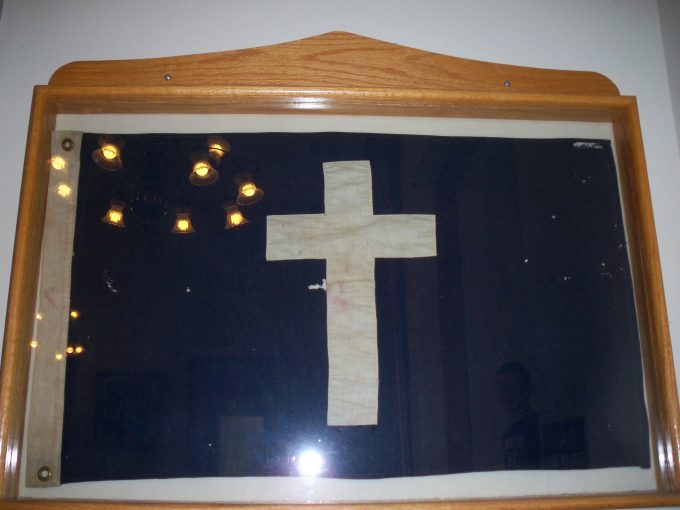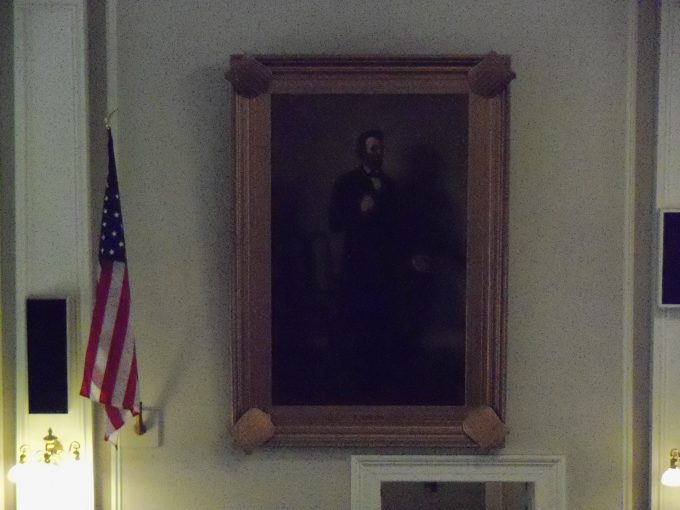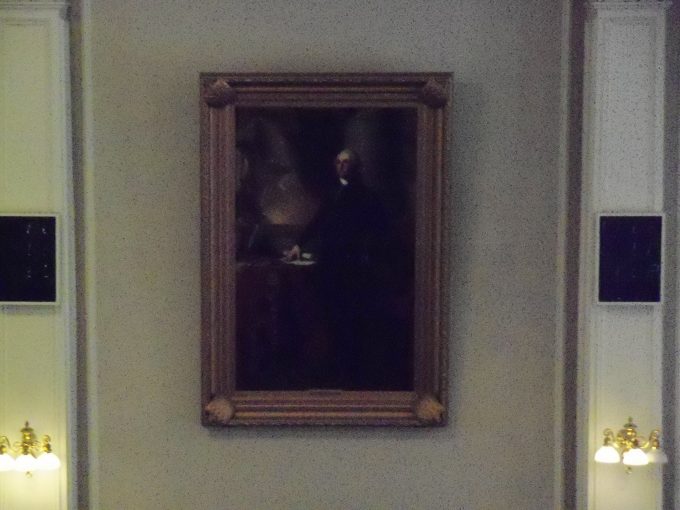
Thursday, 21 March 2019
By faith Moses, when he became of age, refused to be called the son of Pharaoh’s daughter, Hebrews 11:24
The author now turns directly to Moses. Whereas the previous verse spoke of Moses only in relation to his parents, the faith of Moses himself is now highlighted. The author notes the account of Exodus 2:11, where he cites the Greek translation of that passage saying, “when he became of age.” The entire verse says –
“Now it came to pass in those days, when Moses was grown, that he went out to his brethren and looked at their burdens. And he saw an Egyptian beating a Hebrew, one of his brethren.”
This is then followed up by the author with the thought that he “refused to be called the son of Pharaoh’s daughter.” The text implies this in the next verse of Exodus 2, which says that “…he looked this way and that way, and when he saw no one, he killed the Egyptian and hid him in the sand” (Exodus 2:12).
By aligning himself with the Hebrew people, he disassociated himself from his adopted family. He understood that he was, and would always be, a Hebrew. Though it would be many years later before he was truly aligned with them in a way which would benefit them, this first recorded act on his part demonstrated that his natural inclination was to be identified with the Hebrew people. The author will explain what this means concerning Moses the man in the verses ahead.
Life application: It is important to be careful not to let movies or written stories over-influence our notion of biblical characters. Very little is said of Moses’ adopted mother or him during his youth. If you read Exodus 2:5-10, that’s all you’ll get about her and his early life from the Old Testament. The very next verse (verse 11) occurs when he is forty years old. The only other thing that we can determine from the Bible about the intervening years is recorded in Acts 7:20-22 during Stephen’s speech –
“At this time Moses was born, and was well pleasing to God; and he was brought up in his father’s house for three months. 21 But when he was set out, Pharaoh’s daughter took him away and brought him up as her own son. 22 And Moses was learned in all the wisdom of the Egyptians, and was mighty in words and deeds.”
Unfortunately, because of movies like The Ten Commandments, people mix story information with the Bible. This verse in Hebrews gives us an insight into Moses and his character not otherwise revealed elsewhere in the Bible, and which probably came from a source similar to that spoken by Stephen in Acts 7. This may have been an oral or a written tradition, but as it was written by an apostle under the inspiration of the Holy Spirit, we can be certain of its accuracy. The Jewish historian Flavius Josephus records quite a bit of extra-biblical information on Moses which is interesting, but should that not be held as authoritative. All of the writings of Josephus can be found online by a simple internet search. Enjoy your studies, but be careful to remember what is, and what is not, Scripture.
Lord God, how wonderful it is to read and know your word! Thank you that what the Bible records is useful for our instruction, our edification, and our contemplation. Thank you also for telling us about the faithful believers of the past. By reading about their lives, we can be built up in our faith as well. Thank You for having provided us so much in Your word to guide our steps. Amen.




